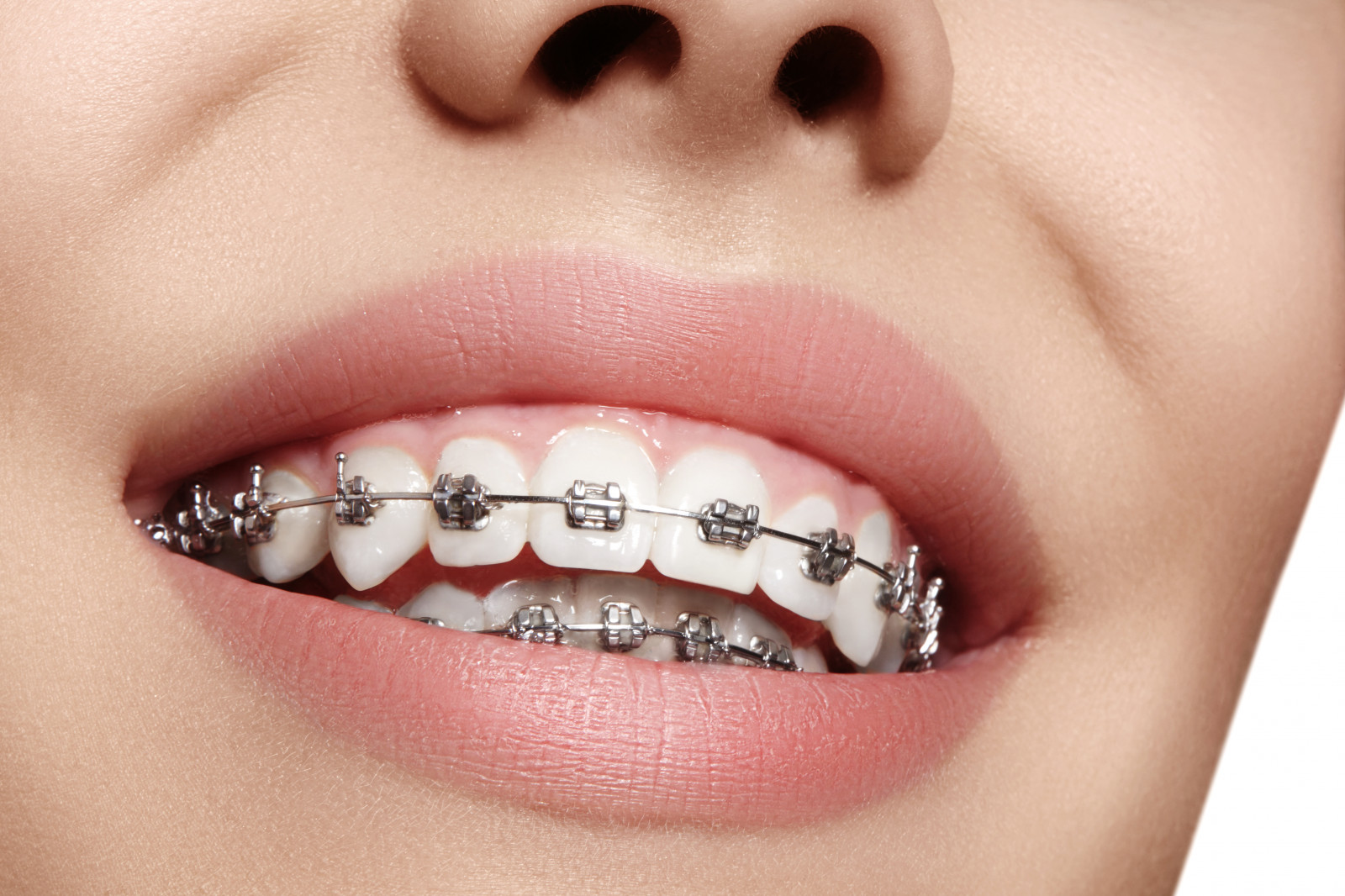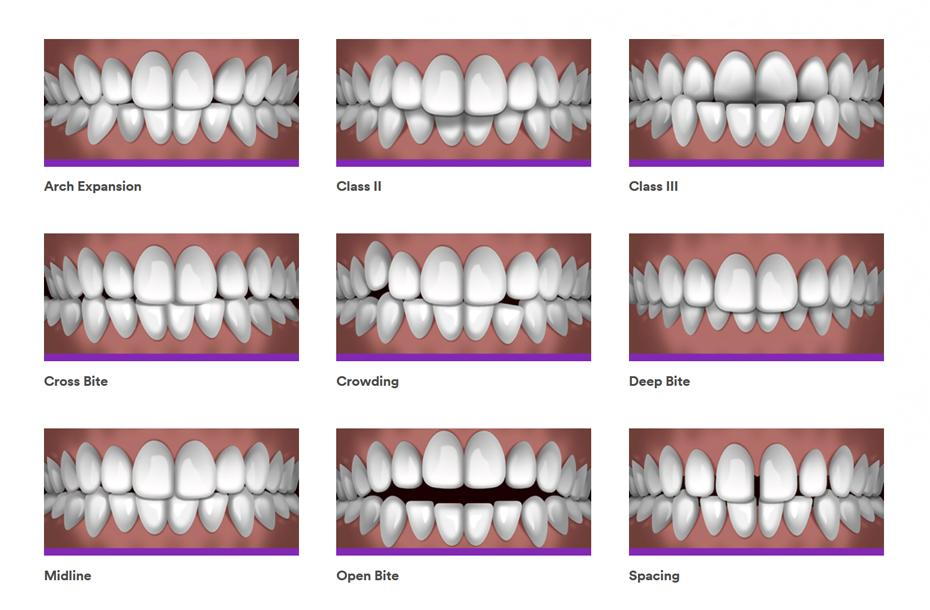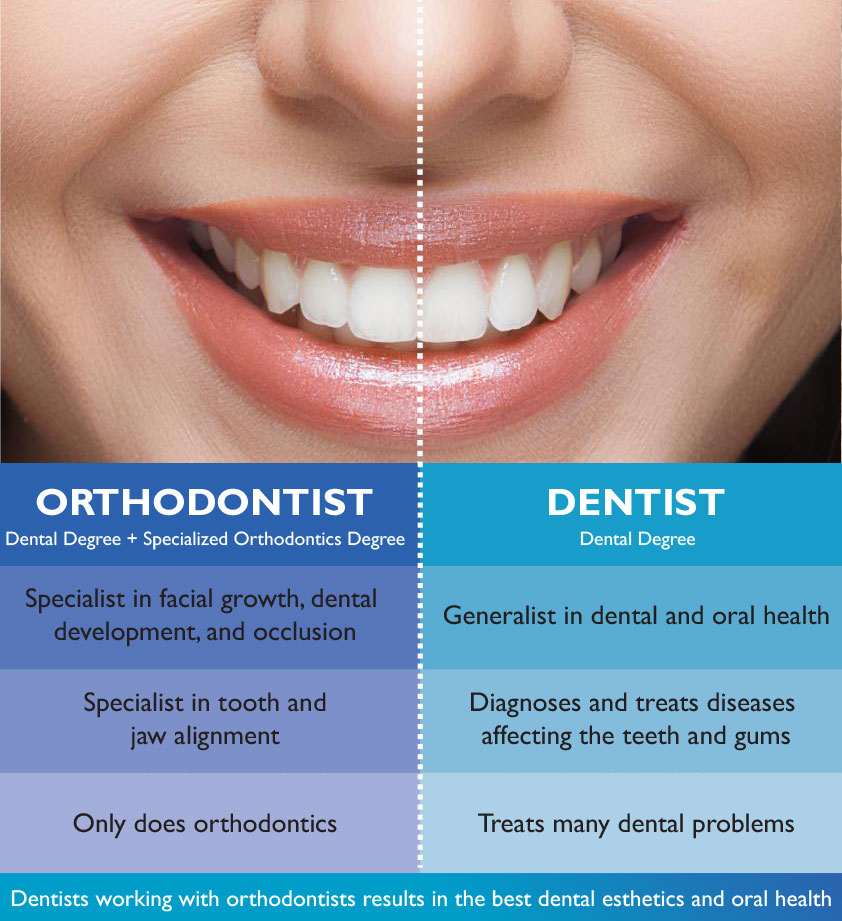The Only Guide for Causey Orthodontics
The Only Guide for Causey Orthodontics
Blog Article
Causey Orthodontics Things To Know Before You Buy
Table of Contents4 Simple Techniques For Causey OrthodonticsWhat Does Causey Orthodontics Do?The Ultimate Guide To Causey OrthodonticsThe Causey Orthodontics IdeasThe 7-Second Trick For Causey OrthodonticsIndicators on Causey Orthodontics You Need To KnowSee This Report on Causey Orthodontics
What is the difference between a dentist and an orthodontist? All dental practitioners, including orthodontists, treat the teeth, periodontals, jaw and nerves.
Orthodontists and dental professionals both supply oral care for individuals. Orthodontists can function in a dental office and supply the exact same treatments as other dental practitioners. You can think of both doctors who treat periodontal and teeth issues. The main distinction is that coming to be an orthodontist requires a certain specialized in treating the imbalance of the teeth and jaw.
The 3-Minute Rule for Causey Orthodontics
An orthodontist is a dentist that has actually undertaken training to specialize in the diagnosis, avoidance and therapy of irregularities in the jaw and teeth. They can likewise determine prospective problems in teeth placement that may develop when problems are left without treatment (best orthodontist).
This consists of all the needed education to become a general dental practitioner. According to the American Trainee Dental Association (ASDA), it indicates you will require to have either a Physician of Medication in Dentistry (DMD) or a Medical Professional of Oral Surgery (DDS). In other words, orthodontists require to complete oral school and after that obtain an orthodontics specialized education.
Some orthodontists also obtain their masters in craniofacial biology. orthodontist services (https://www.yplocal.com/health-medicine/causey-orthodontics-659748). Lots of dental colleges provide minimal orthopedic training and guideline, which is why basic dental practitioners require to head to orthodontic college after graduation. Orthodontic residency programs supply extensive training for this type of oral field of expertise. These programs concentrate on 2 specific locations or self-controls: Dentofacial Orthopedics: This research study concentrates on leading teeth and jaw growth.
See This Report about Causey Orthodontics

 The overall goal of an orthodontist is to improve a client's bite. Not every person is birthed with straight teeth, and an orthodontist will ensure that people obtain equally spaced straight teeth.
The overall goal of an orthodontist is to improve a client's bite. Not every person is birthed with straight teeth, and an orthodontist will ensure that people obtain equally spaced straight teeth.
Not known Incorrect Statements About Causey Orthodontics
The American Organization of Orthodontists advises your very first check up by age 7. You'll need to see your orthodontist if you have an imbalance in your teeth, also referred to as malocclusion. If you notice irregular bite patterns, a somewhat twisted jaw, or when your teeth are jammed, you will likely need orthodontic treatment.
In addition, we supply flexible treatment timetables, flexible payment options and an enjoyable, pleasurable experience.
An orthodontist is a dentist trained to diagnose, avoid, and treat teeth and jaw abnormalities. Orthodontists work with individuals of all ages, from kids to grownups (https://zenwriting.net/causeyortho7/h1-causey-orthodontics-h1).
Causey Orthodontics Can Be Fun For Anyone
Malocclusion, or misaligned teeth, can bring about dental problems, including dental cavity, gum tissue illness, and difficult or painful eating. Not every person is born with straight teeth. If you have a poor bite or large areas between your teeth, you may intend to seek advice from a dentist concentrating on orthodontic care.
(Picture Credit Rating: DigitalVision/Getty Images) Orthodontists utilize taken care of and detachable dental tools, like braces, retainers, and bands, to change the setting of teeth in your mouth. Orthodontic treatment is for dental irregularities, including: Crooked teethBite problems, like an overbite or an underbiteCrowded teeth or teeth that are too far apartJaw misalignmentThe goal of orthodontic treatment is to enhance your bite.
The Greatest Guide To Causey Orthodontics

, yet not all dentists are orthodontists. They focus on two areas: Exactly how to correctly and securely move teeth How to correctly assist growth in the teeth, jaw, and faceOnce an orthodontist has actually completed training, they have the alternative to end up being board accredited.
Imbalance, or malocclusion, is the most common reason people see an orthodontist. It is hereditary and is the result of size differences in between the top and reduced jaw or between the jaw and teeth. orthodontist services. Malocclusion brings about tooth congestion, a twisted jaw, or irregular bite patterns. Malocclusion is usually treated with: Your orthodontist attaches steel, ceramic, or plastic square bonds to your teeth.
The Basic Principles Of Causey Orthodontics
If you have only minor malocclusion, you might be able to use clear dental braces, called aligners, as opposed to conventional braces. Some people need a headgear to help relocate teeth into line with stress from outside the mouth. After braces or aligners, you'll require to put on a retainer. A retainer is a custom device that maintains your teeth in position.
Report this page